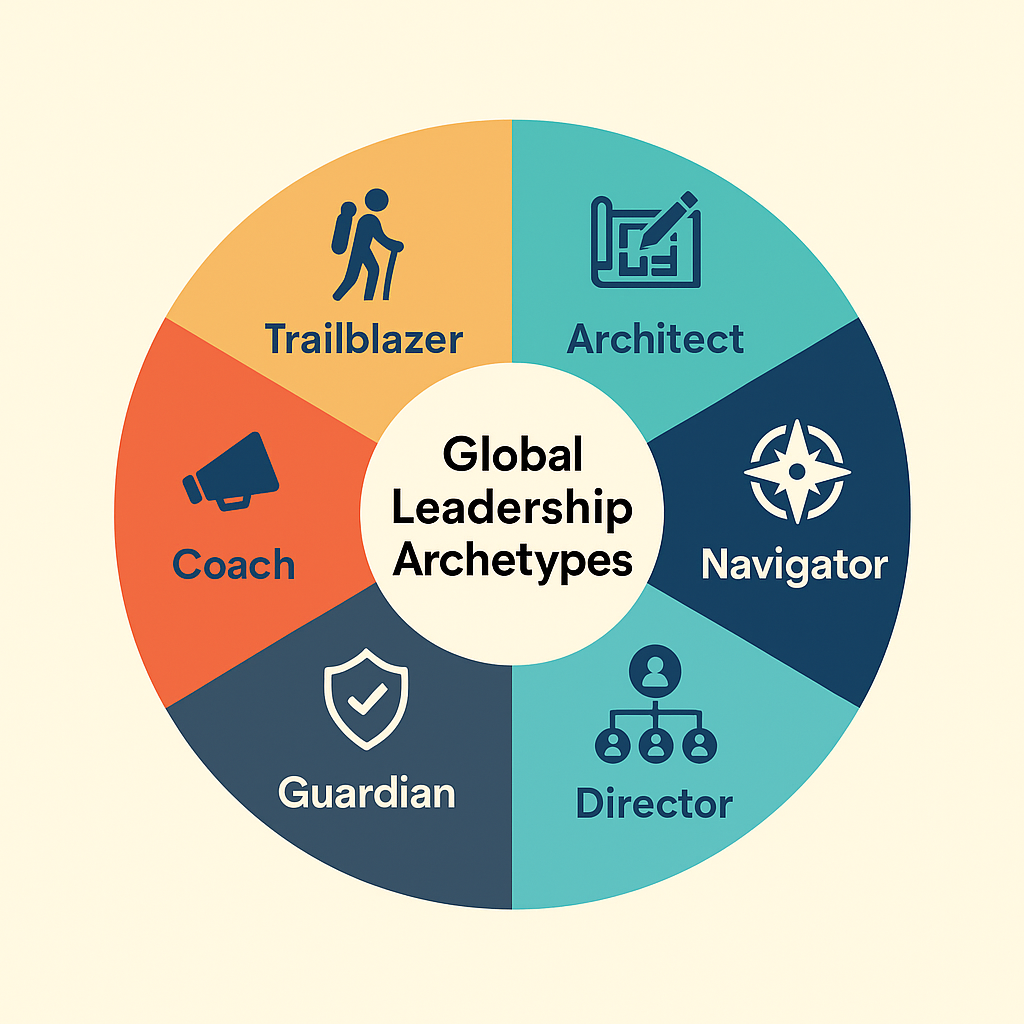
Written by Rebecca Fodor
One skill you need to master as a global leader is having challenging career conversations with your employees about their future. These are important as they provide insights into your employees’ ambitions and career trajectory. Without opportunities for professional development and internal mobility, many team members will look elsewhere for their future. Bain & Co. reported that the lack of learning and growth opportunities was the number one reason tech employees quit a job.
In these economic uncertainties, professionals worldwide are more than willing to learn, grow, and future-proof their careers. A global survey of over thirty thousand workers found that 40 percent of workers fear their job will become obsolete in the next five years. One of the challenges that has risen in supporting internal talent development and mobility is a failure for employees and leaders to discuss this. Both want employees to grow and upskill, but they mutually struggle to start these tough career conversations.
Here are a few ways global leaders can navigate these tough career conversations:
Take a more human approach
It’s easy to rely too heavily on digital tools to communicate with employees. These conversations ideally happen face-to-face. It’s much easier for empathy and discovery to happen in person. Harvard Business Review shared insights on communicating with more empathy which has close links to perspective-taking, one of the most important skills of global leaders. Acknowledging the challenges an employee is facing as it relates to upskilling makes these conversations much more productive. For example, talking with a single parent about how to add taking a course to their busy schedule may take some collaborative problem-solving between the leader and employee.
Even if a leader is managing a completely remote workforce, going the extra mile to acknowledge an employee’s concerns in a video meeting can let them know you want to support their development. For remote workers, the concept of work-life balance is easily blurred. As leaders, this may include advising them to create habits to protect them from burnout, such as limiting the number of evenings in a week when they’re available for late night, overseas calls. Additionally, when possibly, sharing information that the remote employee may have otherwise missed (e.g., a question and answer session following a town hall meeting) can go a long way in building trust and rapport. All of this relates to creating a foundation for effective career development discussions.
Work on cultural intelligence
As the workplace becomes increasingly diverse, every leader needs cultural intelligence and this applies to career discussions. Becoming a culturally intelligent leader requires using communication that will be clear based on the background of the employee. Sharing a story about your own experience early in your career will work well for those who are moved by stories and personal anecdotes while others may find it more helpful to hear specific ideas you have for options available to the employee for upskilling. In addition, culturally intelligent leaders will remember that some team members may prefer taking more time to make a decision. Be sure to ask them to summarize the conversation with you to see if they have the same understanding as you do about next steps.
Let your employees speak
One study of IT industry leaders in India found that listening was a top business attribute of successful global leaders in technology. Effective career conversations require talking less and listening more. Global leaders use a variety of strategies to get their team members talking about their career goals. Some will need little more than a question to get them talking about it while others will need to have more context for why you’re asking as well as some advanced warning. But the priority for all of these is taking time to listen When professionals feel heard by their leaders, they experience a significant reduction in emotional exhaustion. It’s not hard to see how this links to effective conversations with team members about their career.
Career conversations are often more intimidating for your employees than you. Letting them speak and showing them that you are listening and taking their input into account can go a long way in navigating these conversations. Everyone wins when your team is empowered and motivated to improve their skills and commitment.
===
Author’s bio:
Rebecca Fodor has been working as a freelance writer for seven years. She is deeply interested in topics related to workforce development and how technology is transforming our future of work. During the occasional writing break, Rebecca enjoys walking with her two dogs.



